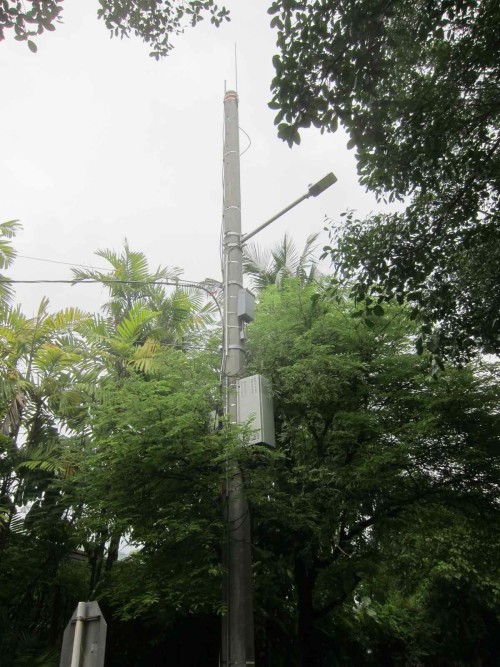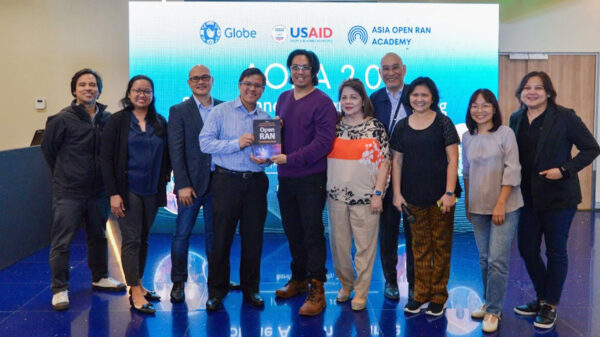The GSM Association (GSMA) stressed the need for Asia-Pacific countries to allocate the 700 MHz band to mobile broadband use immediately, in order to take advantage of its socio-economic benefits. It found that further delays in the use of the spectrum could result in billions of dollars worth of losses in incremental GDP growth.
Utilizing the 700 MHZ spectrum, which is well suited to providing mobile broadband coverage indoors and over large areas, can potentially increase countries’ GDP impact by tenfold according to the GSMA. Its Mobile Economy Asia study also found that the spectrum use can create 2.1 million additional jobs for the region by 2020.
The ITU reinforced GSMA’s findings by globally harmonizing the 700-MHz band and allocating it for LTE use in ITU Region 1, which covers Europe, Africa, the Middle East and Central Asia. The decision was taken during this year’s World Radiocommunication Conference (WRC-15), and follows similar action taken at WRC-07, which saw 700-MHz spectrum adopted by ITU regions two and three, which cover the Americas and Asia-Pacific.
“The global harmonization of the 700 MHz frequency band that has been decided by WRC-15 paves the way for manufacturers and mobile operators to offer mobile broadband at an affordable price in currently underserved areas,” said François Rancy, Director of the ITU Radiocommunication Bureau.
ITU is the United Nations specialized agency for information and communication technologies (ICT), while GSMA is an association of mobile operators and related companies devoted to supporting the standardizing, deployment and promotion of the GSM mobile telephone system.
The 700 MHz band in the Philippines is currently held by San Miguel Corporation (SMC), and has been largely underutilized by SMC’s small subscriber base. Larger players PLDT and Globe have recently renewed their call for the National Telecommunications Commission (NTC) to reallocate the frequency to address the growing demand for high-speed Internet in the country.
PLDT Regulatory Affairs and Policy Head Atty. Ray Espinosa said that since 2008, Smart and its unit Smart broadband Inc had filed an application with the NTC to obtain a portion of 700 MHz frequency owned by San Miguel but the regulator had failed to act on their application.
Globe General Legal Counsel Atty. Froilan Castelo on the other hand, said that as early as 2005, Globe already wrote to the National Telecommunications Commission (NTC) requesting for an allocation and assignment of frequencies within the 700 MHz and 800 MHz bands for its broadband wireless network, but NTC did not act favorably on its request.
PLDT and Globe are asking the NTC to reassign the 700 MHz frequency to ensure a more equitable sharing of the spectrum among industry players. Reassignment of the frequency is also in line with the global practice of allocating the band to several telco players and not to a single entity only.


















































































































